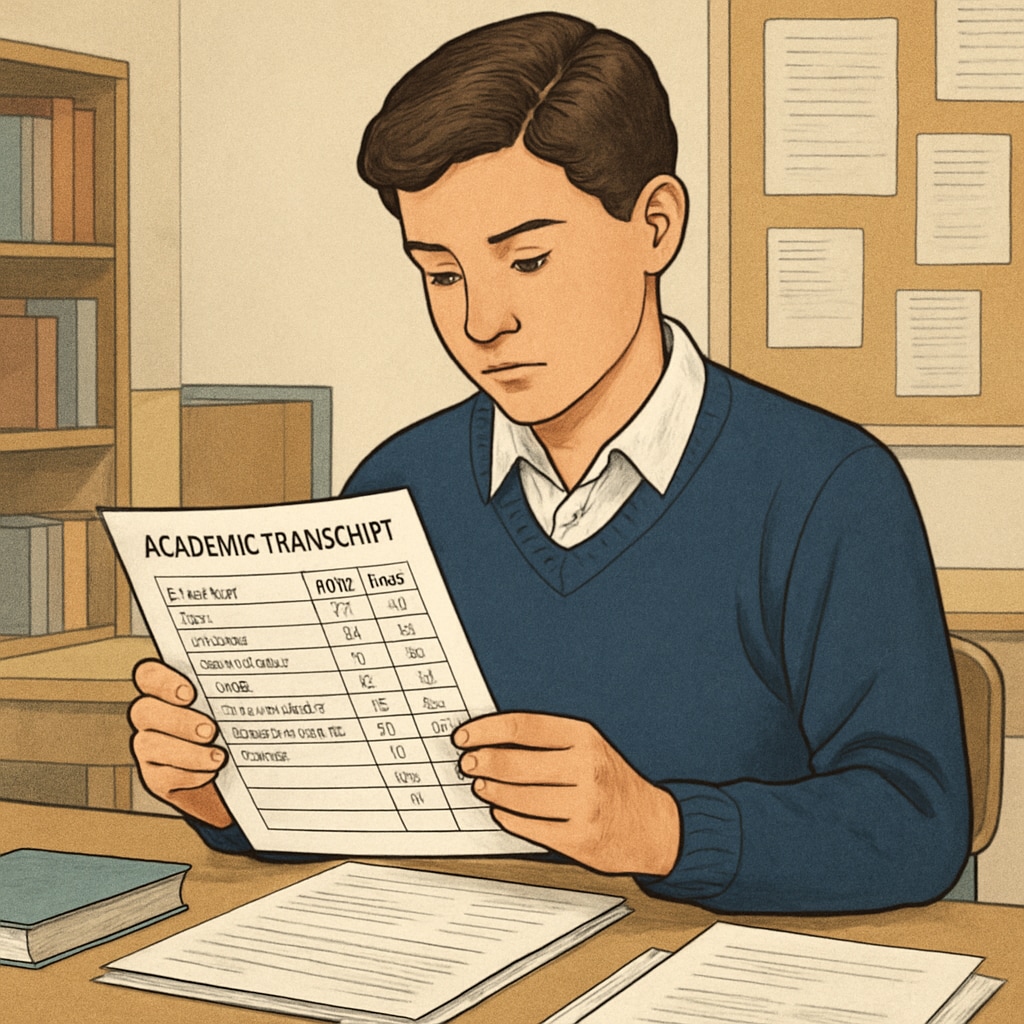When applying to prestigious universities like Harvard, students often worry that a low grade in a single subject might derail their chances. The pressure to maintain a perfect academic record is intense, and the stakes feel even higher when aiming for an elite institution. But does one low grade really spell disaster for your Harvard dreams? In this article, we’ll explore how admissions committees evaluate academic transcripts, the role of a single low grade, and how you can strengthen your application despite academic imperfections.
How Do Admissions Committees Assess Grades?
Harvard, like many top-tier universities, employs a holistic admissions process. This means that while academic performance is a critical factor, it’s not the sole determinant of your acceptance. Admissions officers review multiple aspects of your application, including extracurricular activities, essays, recommendation letters, and standardized test scores. A single low grade, especially if it’s an outlier, is unlikely to overshadow an otherwise strong application.
According to Harvard’s official admissions page, the university seeks students who demonstrate intellectual curiosity, leadership, and resilience. These qualities can sometimes outweigh minor academic setbacks. For instance, a student who excels in advanced math and science courses but earns a lower grade in art might still be seen as a strong candidate, particularly if their overall profile aligns with Harvard’s values.

Does a Low Grade Define Your Application?
While no student wants to see a blemish on their transcript, it’s important to remember that context matters. Admissions committees often consider the following when evaluating a low grade:
- Course difficulty: Was the low grade in an advanced placement (AP) or honors course? If so, the rigor of the class may mitigate concerns about the grade itself.
- Trend in performance: Is the low grade part of a downward trend, or does it stand out as a singular anomaly? A consistent upward trajectory can demonstrate growth and determination.
- Personal circumstances: Did external factors, such as illness or family challenges, contribute to the lower grade? Explaining these circumstances in your application can provide clarity.
For example, a student with a “C” in freshman year chemistry but straight A’s in subsequent science courses can show significant improvement and mastery over time. Similarly, a compelling personal statement explaining the challenges faced during that period can turn a potential weakness into an opportunity to showcase resilience.
Practical Steps to Strengthen Your Application
If you’re concerned about a low grade affecting your Harvard application, there are several proactive steps you can take to mitigate its impact:
- Address it head-on: Use the additional information section of your application to briefly explain the circumstances behind the low grade. Be honest but concise.
- Highlight your strengths: Showcase your achievements, whether academic, extracurricular, or personal, to demonstrate that you’re more than just a number on a transcript.
- Secure strong recommendation letters: Teachers who know your work ethic and perseverance can provide valuable context about your academic journey.
- Focus on your essays: Use your personal statement to highlight qualities like resilience, intellectual curiosity, or leadership, which can offset minor academic flaws.
Remember, admissions officers are not looking for perfection but for students who can contribute meaningfully to their campus community. Demonstrating growth, maturity, and the ability to overcome challenges can often be more impactful than a flawless academic record.

Final Thoughts: Will a Low Grade Ruin Your Harvard Dream?
In conclusion, a single low grade is unlikely to ruin your chances of getting into Harvard or other elite universities. What matters most is how you present yourself as a whole person—your strengths, interests, and the unique perspective you bring to the table. Acknowledging your imperfections while emphasizing your growth and achievements can make your application stand out in a competitive admissions process.
If you’re still concerned, consider seeking guidance from a college counselor or mentor who can help you craft a strong narrative for your application. Remember, even the most accomplished individuals face setbacks—it’s how you handle them that truly defines your success.
Readability guidance: This article uses short paragraphs, clear lists, and transitional phrases to enhance readability. Active voice is prioritized, and technical terms are explained for accessibility. The advice provided is actionable and framed to empower students while reducing anxiety about the application process.


